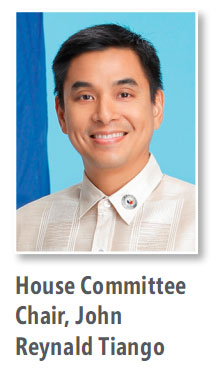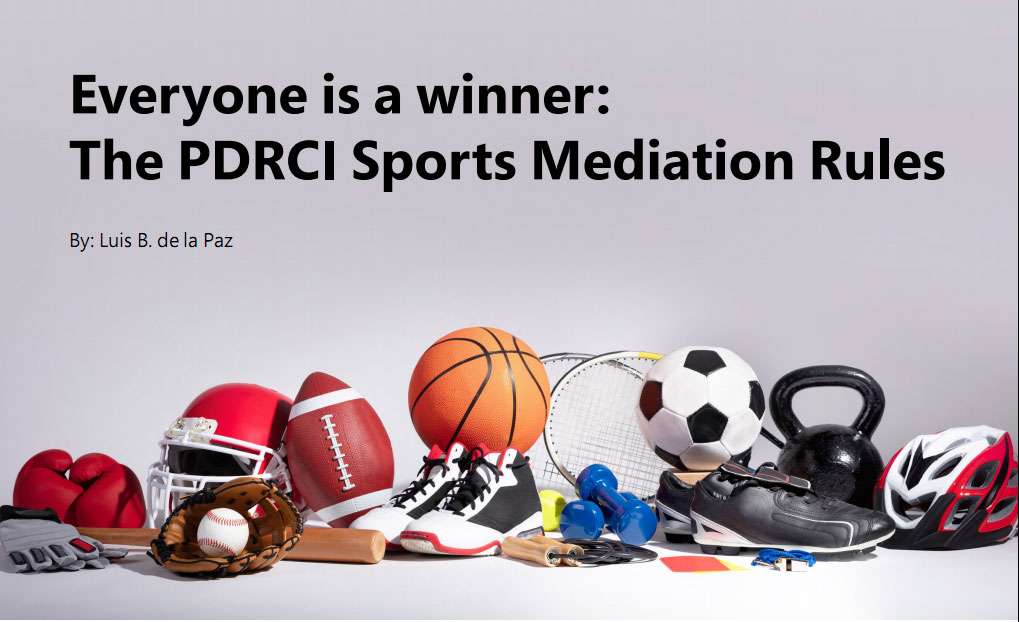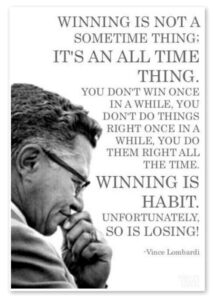
 The House of Representatives Committee on Trade & Industry held on February 4, 2021 an initial hearing on House Bill No. 8062 (HB 8062), authored by Reps. Sharon Garin and Christopher De Venecia, and House Bill No. 1597 (HB 1597) authored by Reps. Michael Romero and Enrico Pineda. The Committee invited the Philippine Dispute Resolution Center as a resource person on alternative dispute resolution (ADR).
The House of Representatives Committee on Trade & Industry held on February 4, 2021 an initial hearing on House Bill No. 8062 (HB 8062), authored by Reps. Sharon Garin and Christopher De Venecia, and House Bill No. 1597 (HB 1597) authored by Reps. Michael Romero and Enrico Pineda. The Committee invited the Philippine Dispute Resolution Center as a resource person on alternative dispute resolution (ADR).
The House Bills seek to revise Republic Act No. 8293 (1997), the Intellectual Property Code of the Philippines (IP Code). Committee Chairman Rep. John Reynald Tiango explained that the proposed revisions would ensure that the IP Code was on pace with technological developments and changes in the international IP scene.
HB 1597 seeks to increase the penalties and sanctions for IP violations in the IP Code to enhance the enforcement of IP rights in the country.
Meanwhile, HB 8062 seeks to revise the entire IP Code, including Section 88.3 which provides that if technology transfer arrangements (TTA) provide for arbitration, the arbitration rules shall be those provided in the Arbitration Law of the Philippines, the Arbitration Rules of the United Nations Commission on International Trade Law, or the Rules of Conciliation and Arbitration of the International Chamber of Commerce.
HB 8062 seeks to amend Section 88.3 of the IP Code governing TTAs by stating that parties may include therein not just arbitration agreements but any other mode of ADR, including mediation, which shall be conducted in a manner agreed upon by the parties. HB 8062 provides that, in the absence of any agreement by the parties, the Rules on Alternative Dispute Resolution promulgated by the Intellectual Property Office of the Philippines (IPOPHL) shall apply.
When asked for comment, IPOPHL Director General Barba stated that IPOPHL wants to institutionalize the use of ADR in the IP Code so there is no need to refer to the ADR Act. Such institutionalization will give the IPOPHL the mandate to pursue an ADR program which has been effective as a mode of settling disputes.
Before adjourning, the Committee approved the creation of a technical working group to consolidate all bills that pertain to the IP Code.

Sports is about the winners, the champions, and the glory. It is often characterized by its winner-takes-all mentality. As kids, we were taught from early on that sports is a competition, and in all competitions there are winners and there are losers. If you are not a winner, you are a loser. The word “tie” is synonymous with losing. There is only place at the top of the podium.
However, while we do not expect these abecedarian dynamics in sports or in any competition to change, or for podiums to all come in one height, it is not necessary that this carries over to every aspect of sports. One such area is the field of sports mediation, where everyone is expected to emerge a winner. It is the norm and it is not an impossible goal.
Last March 17, 2021, the Philippine Dispute Resolution Center (PDRC) approved the PDRC Sports Mediation Rules (“Rules”) to help resolve any dispute, difference, controversy or claim in relation to sports. Recognizing the rising number of cases and controversies in sports, PDRC developed the Rules to offer an effective alternative form of dispute resolution for sports, considering its specialized needs, so as to achieve a quick, efficient, and inexpensive settlement of any dispute relating to sports.
One promising feature of the Rules is its broad coverage. It applies to a wide range of sports-related disputes such as issues on compensation, contract terms, and eligibility. PDRC recognized that sports involves a spectrum of relationships and stakeholders, so it made mediation available as a recourse to all athletes (professional or amateur), team owners, team managers and agents to resolve their differences, both commercial and non- commercial. With this feature, issues such as non-payment of salaries or player eligibility can be speedily and effectively resolved.
As opposed to arbitration or litigation, mediation is voluntary, confidential, and non-binding. It is a private dispute resolution process in which a mediator assists the parties in reaching a voluntary agreement regarding a dispute. The desire is to find a mutually-acceptable settlement of the issues. When parties have a stake in the settlement, the intention is for all the parties to come out feeling like winners. As a result, enforcement issues are less frequent. Sports mediation creates winners out of perceived losing situations.
 The business of sports makes every dispute, whether real or brewing, a high-stakes, top money contest. PDRC’s Rules offers mediation as a convenient mode to settle differences. The procedure under the Rules considers the parties and the stakeholders and their desire to settle the dispute as quickly as possible to everyone can get back to playing. Time is of the essence, especially when seasons and contracts are about to end.
The business of sports makes every dispute, whether real or brewing, a high-stakes, top money contest. PDRC’s Rules offers mediation as a convenient mode to settle differences. The procedure under the Rules considers the parties and the stakeholders and their desire to settle the dispute as quickly as possible to everyone can get back to playing. Time is of the essence, especially when seasons and contracts are about to end.
Initiating mediation can be done simply by sending a written request to PDRC, with a short description of the dispute, a reference to or a copy of the mediation clause or the mediation agreement, and the details of the proposed mediator(s) and their qualifications. Upon payment of the filing fee, notice will be sent by PDRC to the other party, who will have three days to accept the request and confirm the appointment of the mediator proposed by the initiating party or nominate its own mediator(s). If the parties cannot agree on a common mediator, PDRC will appoint one for them. Once mediation is commenced, the mediator will attempt to settle the dispute within 30 days from commencement of the mediation.
To preserve the integrity and impartiality of the process, the Rules also emphasizes confidentiality. It states that PDRC, the mediator, and the parties “shall keep confidential all matters relating to the mediation, unless their disclosure is required by law. If requested by the parties in writing to give his opinion on the merits of their claim, the mediator shall do so only during a private caucus with each party.” This is a key feature that gives the parties more latitude in resolving their dispute without fear of any information getting leaked to the public. This is particularly important when the dispute involves high-profile athletes or teams.
Sports will always be a way of life for many. Heroes and champions, dynasties and legacies are created. History does not remember the losers because it only enshrines the winners. The Rules, however, is a step in the right direction. With this, a win-win outcome in sports is possible. The Rules was crafted with that goal in mind, to help parties resolve their disputes quickly and amicably. There can be more than one winner when a dispute is resolved: the athlete, the team, and ultimately the sport itself.
